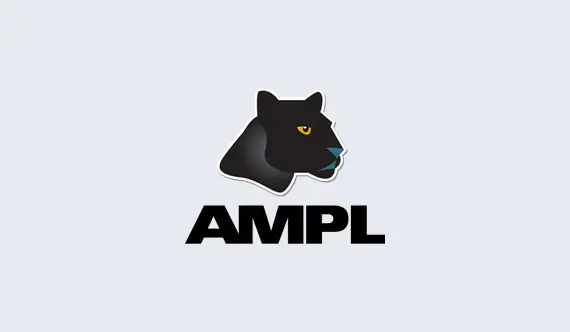Building the model
The example now builds an optimization model. The data associated
with an optimization model must be stored in a single list variable.
Named components in this list contain the different parts of the
model. A few components are mandatory: the constraint matrix (A),
the objective vector (obj), the right-hand side vector
(rhs), and the constraint sense vector (sense). A model
variable can also include optional components (e.g., the objective sense
modelsense).
In our example, we use the built-in R matrix function to build
the constraint matrix A. A is stored as a dense
matrix here. You can also store A as a sparse matrix, using
either the sparse_triplet_matrix function from the slam package
or the sparseMatrix class from the Matrix package. Sparse
input matrices are illustrated in the lp2.R example.
Subsequent statements populate other components of the model
variable,
including the objective vector, the right-hand-side vector, and the
constraint sense vector. In each case, we use the built-in
c function to initialize the array arguments.
In addition to the mandatory components,
this example also sets two optional components: modelsense and
vtype. The former is used to indicate the sense of the objective
function. The default is minimization, so we've set the components equal to
'max' to indicate that we would like to maximize the specified
objective. The vtype component is used to indicate the types of
the variables in the model. In our example, all variables are binary
('B'). Note that our interface allows you to specify a
scalar value for any array argument. The Gurobi interface will expand
that scalar to a constant array of the appropriate length. In this example,
the scalar value 'B' will be expanded to an array of length 3,
containing one 'B' value for each column of A.









